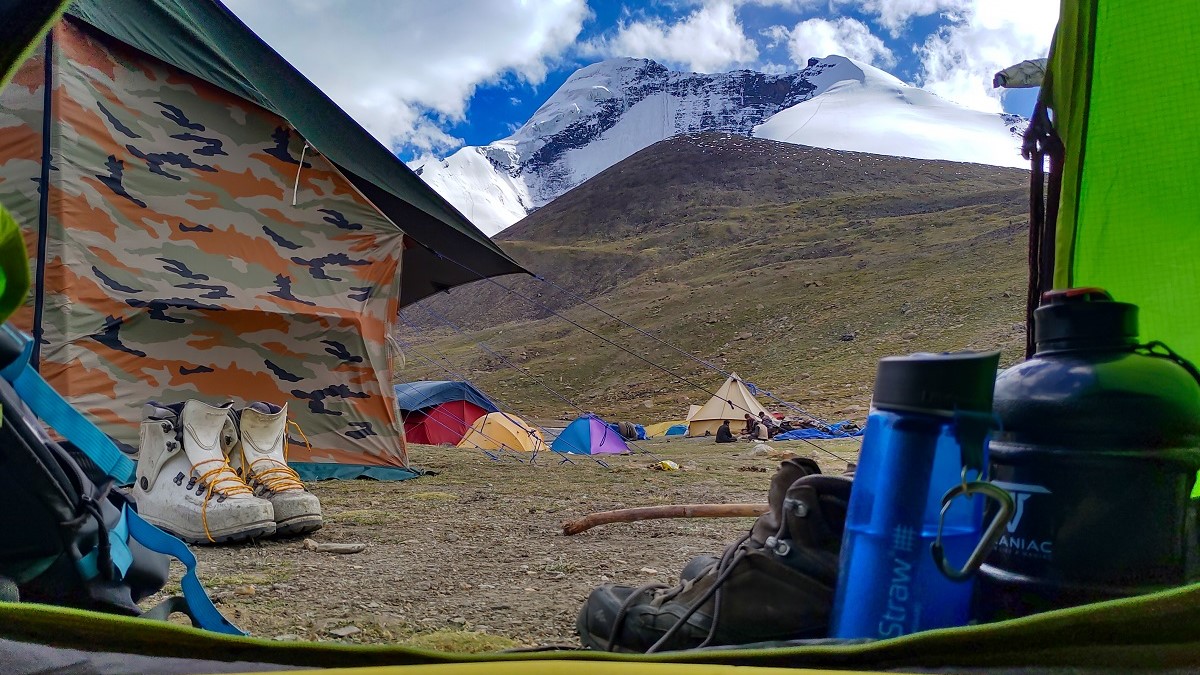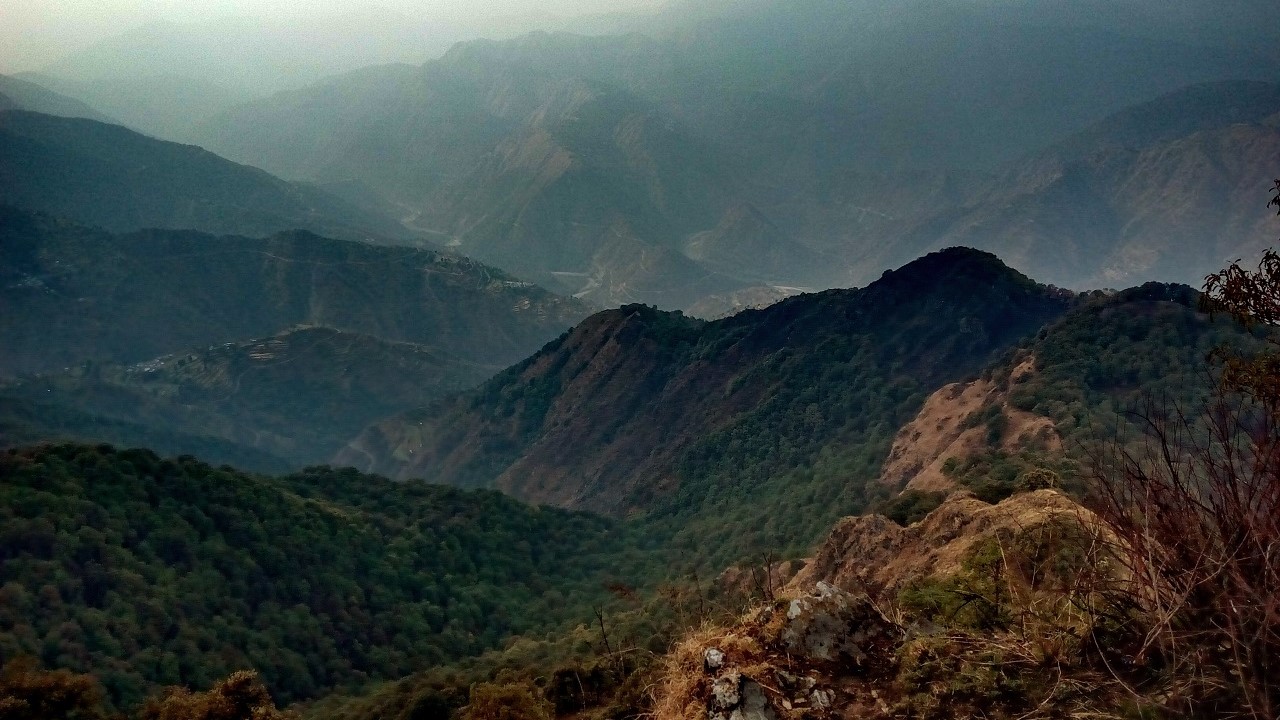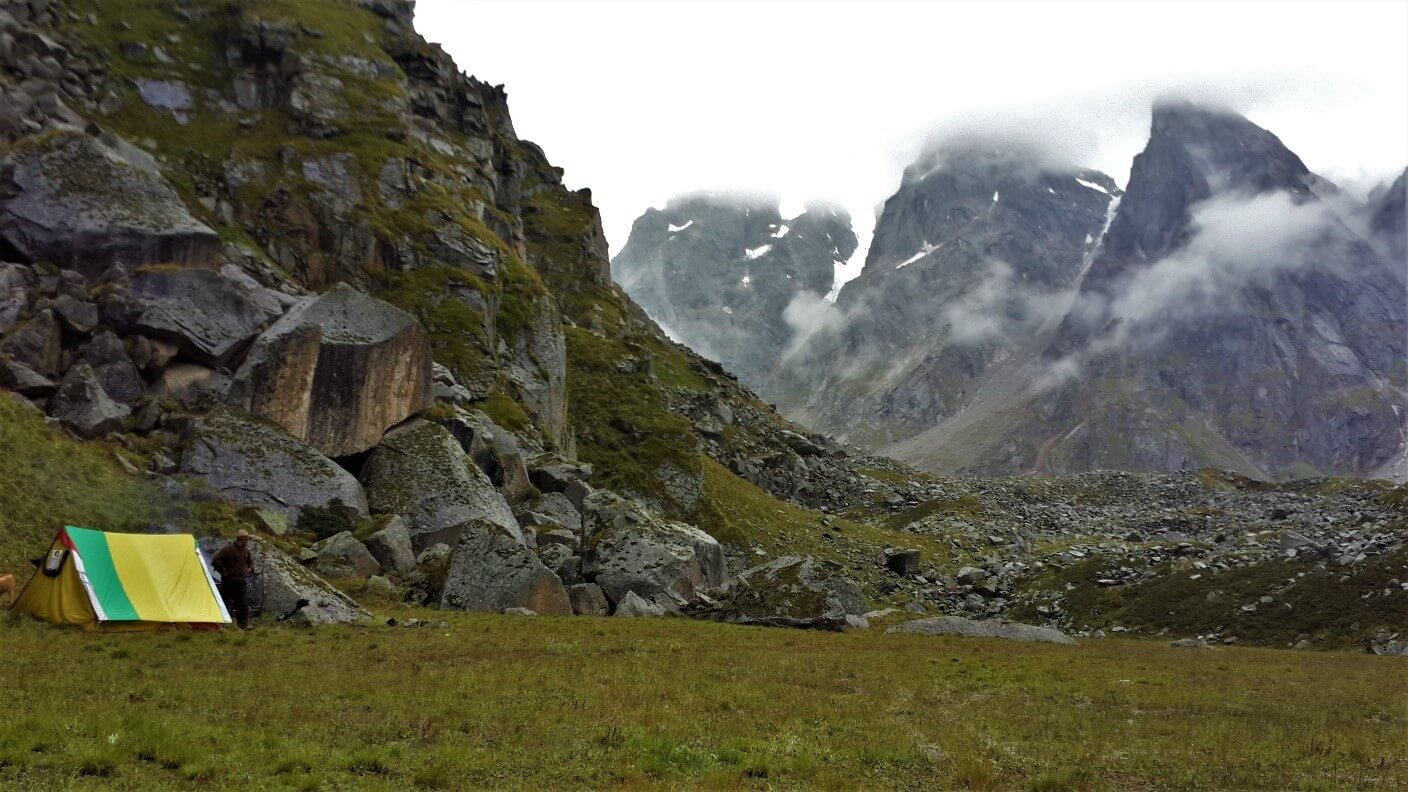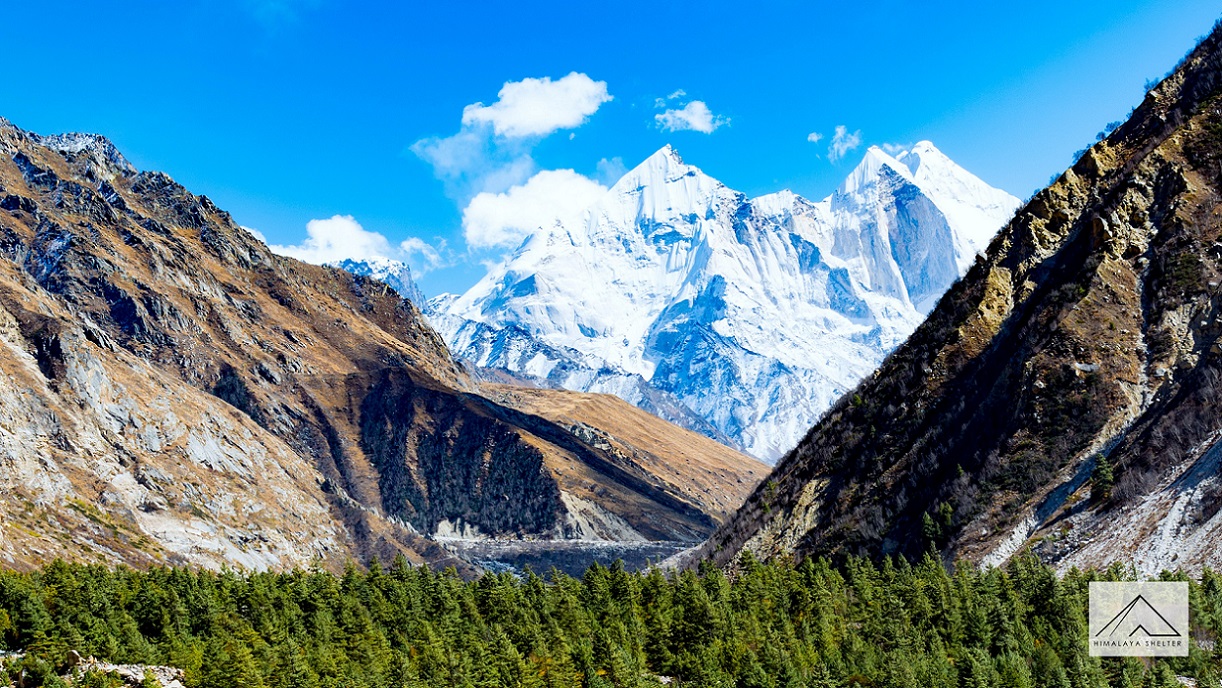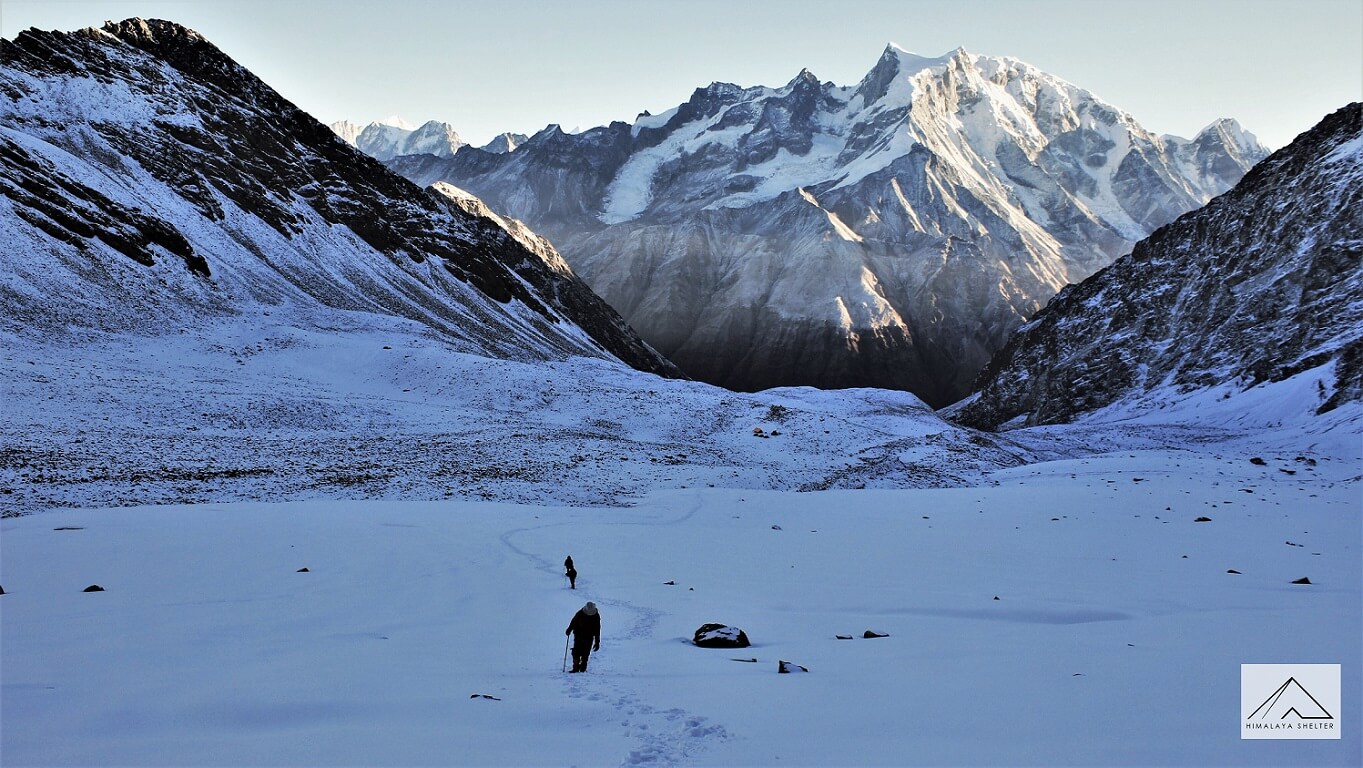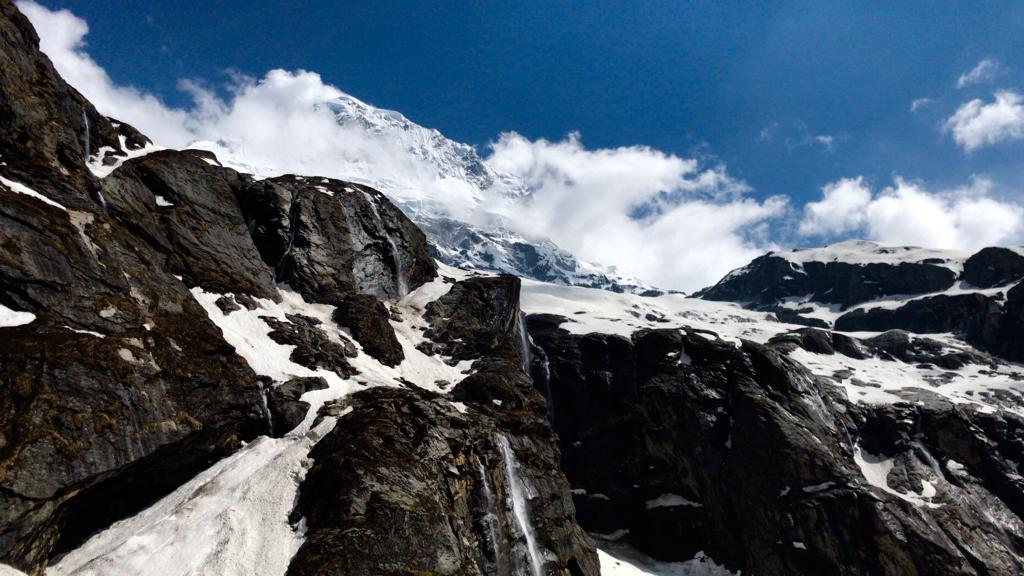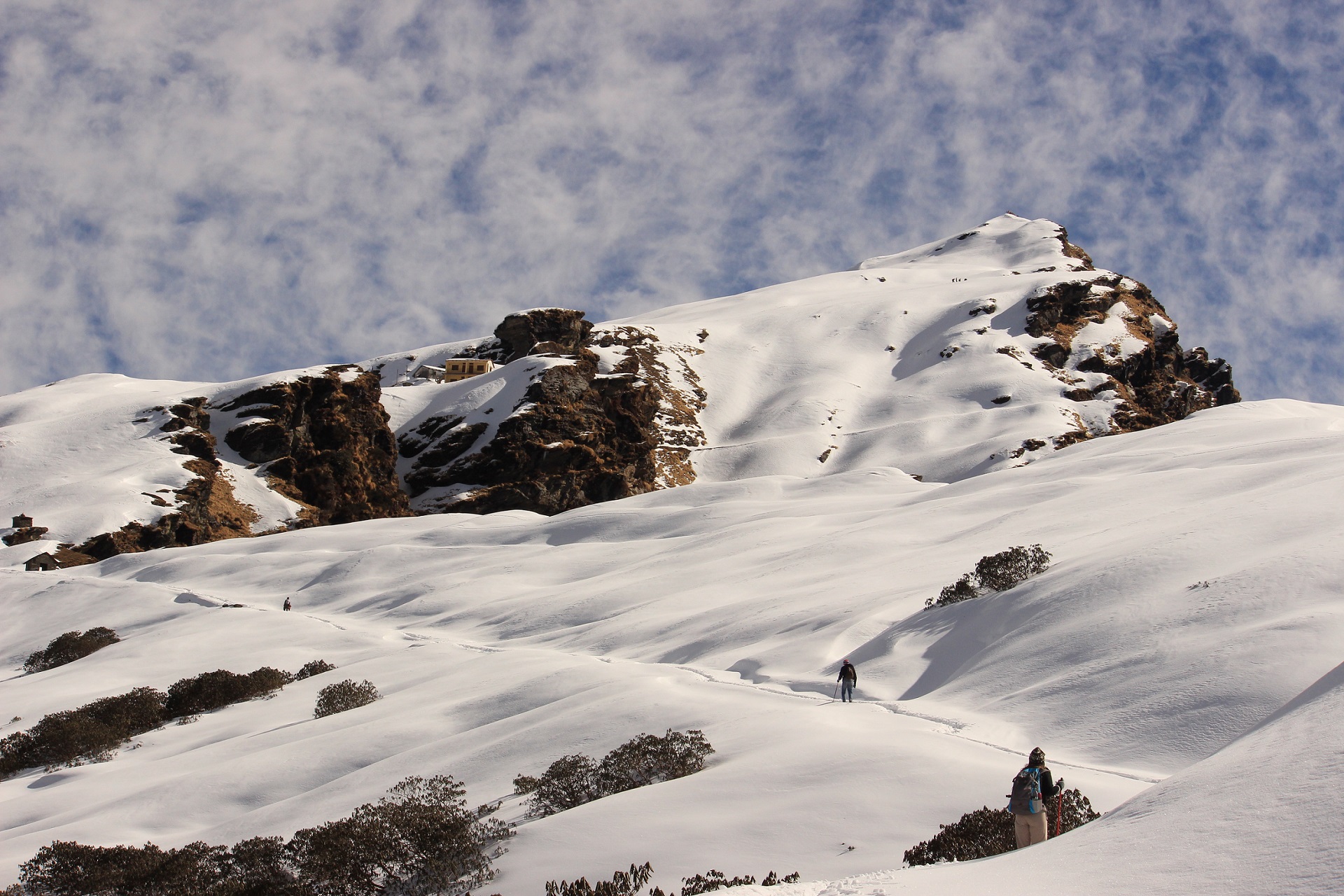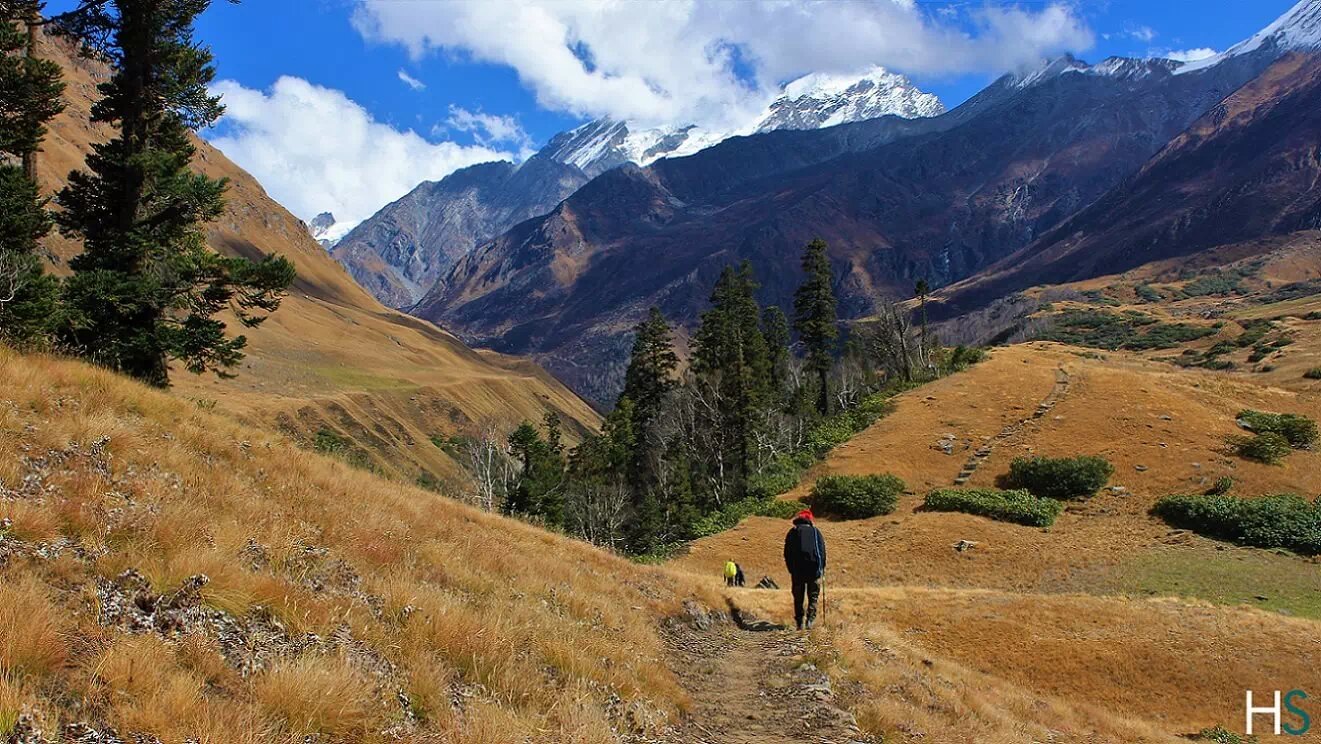Char Dham – The House of Pilgrims & Tourism
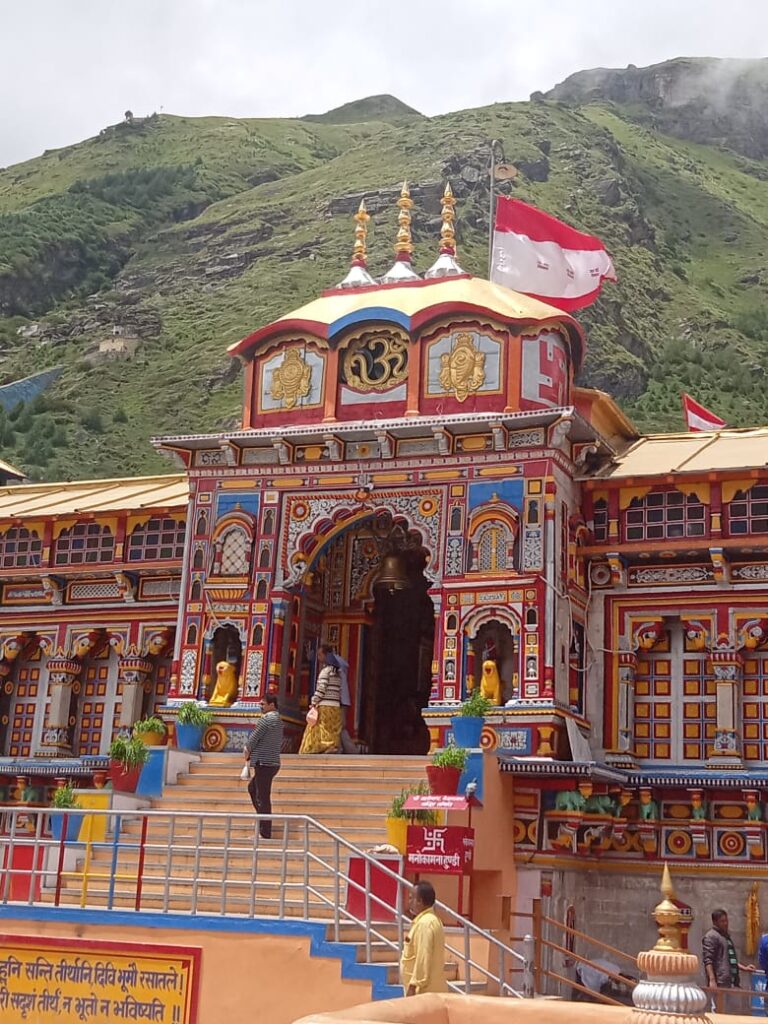
Whenever we hear the term Himalayas, either we think about the beautiful views it has to offer or the pilgrimage tours. Quite a lot of things have been said about these tours and what they have to offer to a soul. Let’s get to know the Four Abodes (Char Dham) of Uttarakhand up and close. The complete tour of the Char Dham is known as ‘Char Dham Yatra’ that includes the four holy shrines of the state – Kedarnath, Badrinath, Gangotri and Yamunotri.
As you go in details, you will get to know that all these holy shrines of Hindus rest within the Garhwal Himalayan regions. While Gangotri and Yamunotri are dedicated to Goddesses Yamuna and Ganga Rivers, Kedarnath and Badrinath are for Lord Shiva and Lord Vishnu, respectively. Talking about the Char Dham Yatra, the legend says, a Hindu follower must commit to the yatra as least once in his/her life.
Known as the most popular and breathtaking pilgrimage route in this region, the shrines welcome millions of pilgrims and devotees to pay them homage. You might be thinking ‘what does it bring to a soul’ or why is it done. Well, by doing this yatra, one’s soul goes through the process of purification, eliminating all his/her sins in order to attain salvation by the Lord’s blessings. Not only are these shrines a place for pilgrims and devotees, but they are also homely destinations for tourists and travelers. Even foreign tourists in recent times have multiplied in significant numbers. Foreign tourists often look to explore the local Himalayan culture and Himalayan Sites in order to learn the significance and history of the region. The best part is, The Garhwal region has it all for them.
The Char Dham Yatra can be covered with a space of 2 weeks, but in recent times Helicopter services have opened up as well that cover the yatra in just 2 days, making it easier for pilgrims and devotees.
What makes these shrines and this yatra an experience to remember is the picturesque surroundings, dense forests, high altitude mountain region, enthralling environment and large valleys. All of these give quite an opportunity to travelers, pilgrims and tourists to unwind themselves.
1. Yamunotri
As the name suggests, Yamunotri is where the holy river, Yamuna, embarks its journey or takes birth. As it is situated in the Uttarkashi District, the Yamunotri Dham is the very first one-stop in the whole yatra. The Yamunotri shrine was built by Naresh Sudarshan Shah, King of Tehri, in the year 1839. As a holy place, it is believed, when a person bathes in the water of this shrine, it cleanses all the sins attached to his/her soul and protects from painful and untimely death. If you are planning to visit this shrine in future or already booked your spots for the yatra, or this shrine alone, do not forget to visit the water springs around the temple of Yamunotri.
At the shrine, you will also notice the idol of Ganga Devi housed in the main temple. The legend says that the Yamuna Goddess a twin sister of Yama, who’s the God of Death, and the Sun’s daughter. It’s also said, that at the time of Asit Muni, when he failed to visit Gangotri, a stream of the River Ganga started flowing across the Yamuna stream.
2. Gangotri
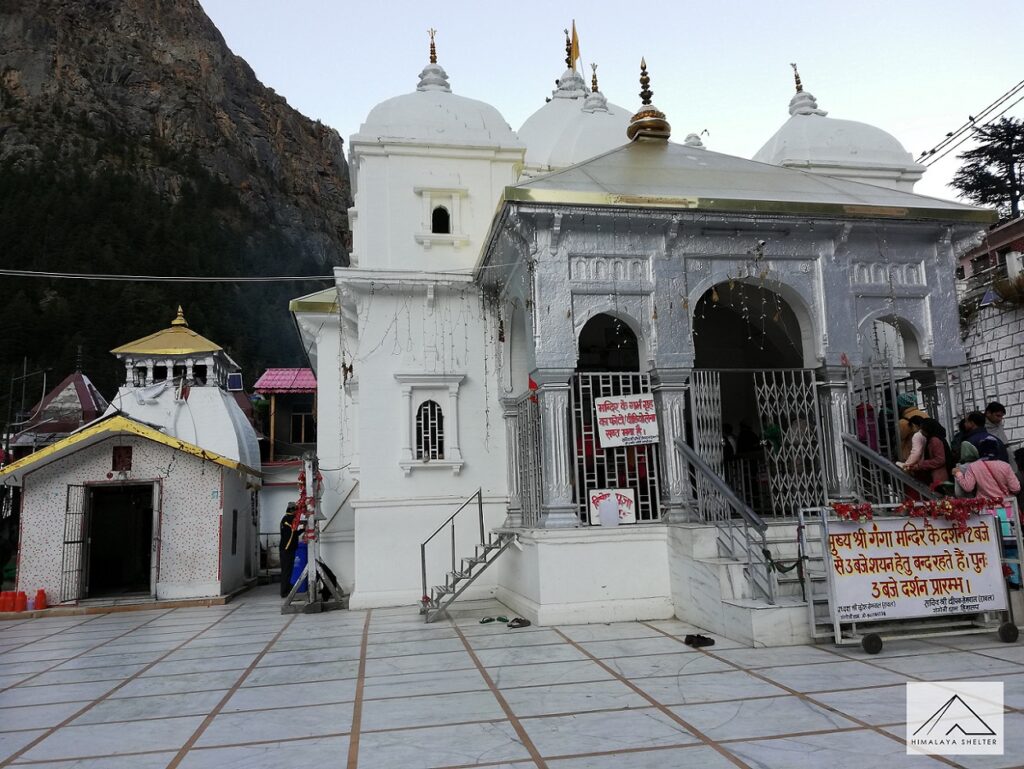
This Dham is solely dedicated to the Goddess Ganga. It is said that the Goddess descended on the planet to absolve all the humankind’s sins. The river takes birth at Gaumukh from the glacier of Gangotri. Gaumukh is merely 18 kilometres away from Gangotri, but one can only visit the site by foot as there are no roads or mode of transportation to reach there.
Located in the district of Uttarkashi, the temple of Gangotri was built in the early 19th century by Amar Singh Thapa, who was a Gurkha General. Not only does this shrine welcome pilgrims from all around the country but it also is quite popular within the travel community. Why? Because of the treks and trails around Gangotri. While some foreign tourists often visit Gangotri to experience the yatra culture and some of them visit Gangotri to start their trek to places like Kedar Tal, Gaumukh and Meru.
3. Kedarnath
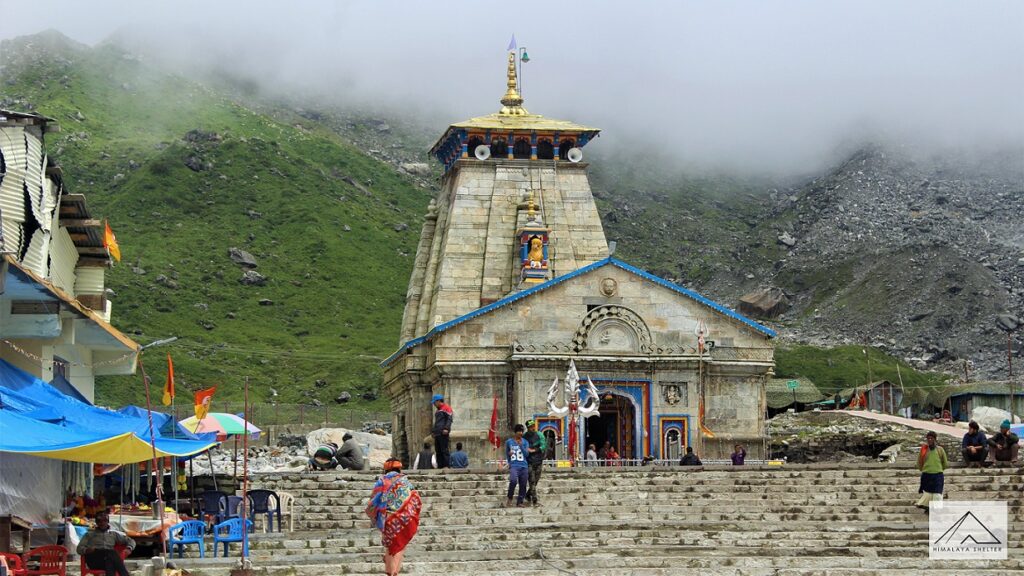
Kedarnath is located amidst the district of Rudraprayag in Uttarakhand, and is reckoned as the most remote site and spot for pilgrimage and devotion. The legend says that the Kedarnath Temple was built by Pandavas, and the present structure in sight was constructed by Adi Shankaracharya in the 8th century. The grey stones used in the structure is said to be an architectural marvel to have withstood changes in a cruel terrain, for so many centuries.
If you go back to the history of Kedarnath, you will get to learn so much. When Pandavas began their search for Shiva in order to absolve their sins of Mahabharata battle, Lord Shiva disappeared into the Garhwal region of Uttarakhand and when he was found by them, he dived into the ground. After a while, different parts of his body came up at a lot of different parts of the region. All the five spots where his body parts came up, the Pandavas made temples on all those 5 parts that are known as Panch-Kedar in today’s date.
4. Badrinath
A place that is considered and known as one of the holiest of places in the Hindu belief, Badrinath comes out to be the part of both ‘Char Dham Yatra’ and ‘Chota Char Dham’. It is said that the idol of Lord Badri was found by Adi Shankaracharya in River Alaknanda. It was later put in the cave that is near Tapt Kund by him. If you look at the backdrop of the temple, you will realize that it is sandwiched between Narayan and Nar peaks, making it a beautiful sight as well. The historical significance of Badrinath is second to none. As per the words of history, when Lord Vishnu’s lifestyle got criticized by one of the sages, he went on to meditate in this region, in order to apologize for the same. His wife, Goddess Laxmi to protect Vishnu from all the elements of nature, gave him shade after becoming a tree.
Going into the history of nearly all the shrines of the Char Dham will give you endless chills. While some people will go on the Char Dham pilgrimage where others will choose to explore the gorgeous valleys, glaciers and what not? The Mighty Himalayas! So, if you are looking for Char Dham Tours in Dehradun, you can get in touch with the team of Himalaya Shelter. You can either write them a mail or contact them via phone call.
